Gerber baby food pouches reviews
A Review of the Top 5 Baby Food Pouches
As a Mom of three, I can tell you I’ve done with all when it comes to baby food: I’ve given my babies purees made from homemade baby food and purees from pouches. I’ve also skipped purees altogether and given them soft finger foods. Now that we have a baby and two toddlers in the house, I find myself relying on these little packaged pouches with two difference scenarios:
Starting solids with Lily. I’ve relied on baby food pouches vs. making my own purees because let’s face it, I don’t have time for that! I’ve also been feeding her whole finger foods along with these purees— some call that baby led weaning! You can read more about our starting solids journey here.
On the go with the toddlers! Whether we are on our way to Nana and Grandpa’s house, attending Sunday mass, or sitting on a park bench, I almost always have a pouch for each boy on hand. I’ll also have a whole piece of fruit or snack bar to offer as an option as well.
Let me start of by saying baby food pouches are NOT a replacement for the real deal. The real deal being whole foods that you sit down and enjoy with your family. However, I do think there is a time and place for them, and I appreciate the option being available for me to purchase when in a pinch! There’s something to be said about a child learning to eat. Yes, it is about nutrition. But eating is also a learning experience for children explore new foods, tastes and textures. So if we are ONLY giving our babies and toddlers food in the form a puree, what happens when they are presented a plate of foods in natural form?!
With many baby food pouches from brands and flavors on the market, I decided to sit down and do a comparison of the one’s we are likely to have on hand. The biggest thing to note is these have zero added sugar or salt in their food mixtures.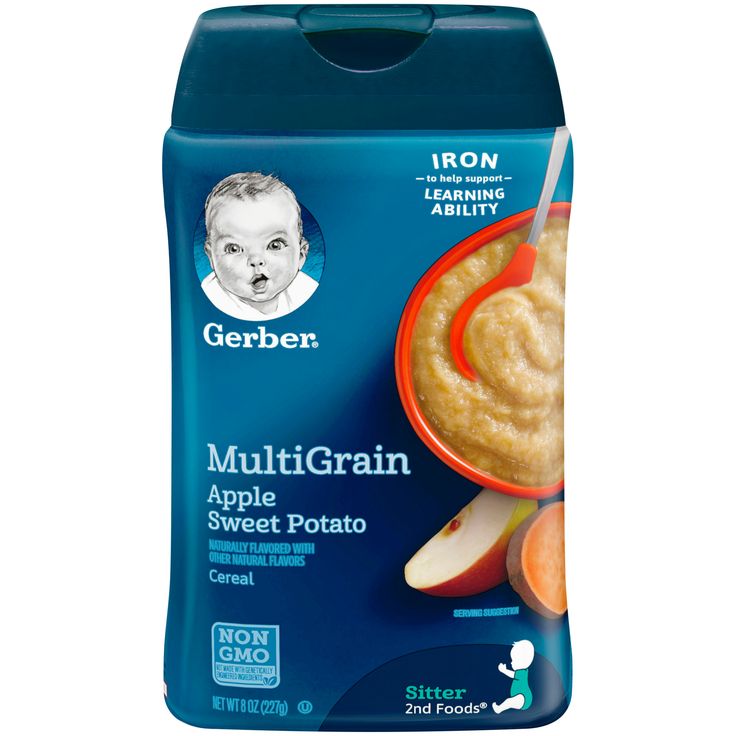 Most baby food pouches that contain fruits and vegetables provide a good amount of Vitamin C, A, and E, which are important for boosting your child’s immunity and maintaining healthy cells. Baby food pouches made with plant or animal foods [think pureed chicken, beef, beans, quinoa, etc.] contain protein, which is important for growth and development. The amount of each nutrient depends on the pouch— so be sure to check the nutrition facts label! Also, all of these pouches cost different prices [not by much, so if you want to buy baby food pouches, be sure to choose one that’s best for your budget!
Most baby food pouches that contain fruits and vegetables provide a good amount of Vitamin C, A, and E, which are important for boosting your child’s immunity and maintaining healthy cells. Baby food pouches made with plant or animal foods [think pureed chicken, beef, beans, quinoa, etc.] contain protein, which is important for growth and development. The amount of each nutrient depends on the pouch— so be sure to check the nutrition facts label! Also, all of these pouches cost different prices [not by much, so if you want to buy baby food pouches, be sure to choose one that’s best for your budget!
Ella’s Kitchen
- I find Ella’s Kitchen to be the most unique and trendy baby food pouches [if there is such a thing?!]
- The fruit and vegetable pouches are made from nothing but certified organic fruits and vegetables, they don’t even add water to their blends.
- There is a wide selection of protein-packed purees such as chicken casserole with vegetables and vegetable back with lentils.

- The fruit and vegetable purees include single food purees to combination pouches, plus textured meals and toddler snacks like carrot and lentil multigrain sticks.
- They have products available for those children following a special diet like gluten free, lactose free and vegetarian.
GoGo Squeez
- Company has 4 main product categories: applesauce on the go, yogurt on the go, fruit and veggie pouches, and organic applesauce pouches.
- They are highly known for the variety of applesauce flavor combinations [my boys love the applesauce + cinnamon!]
- The fruit and vegetable squeeze pouches are made mainly from whole fruits and veggie but some juice concentrate is added.
- The yogurt pouches are made with reduced fat milk + Vitamin D.
Earth’s Best
- Brand offers a wide variety of baby food pouches for 6 and 9 months of age. Those pouches designated for 9 month olds have 3+ foods mixed in the pouch.
- Earth’s Best places a strong emphasis on the quality of their products and the fact that they are an organic food company protecting the earth through sustainable farming practices.
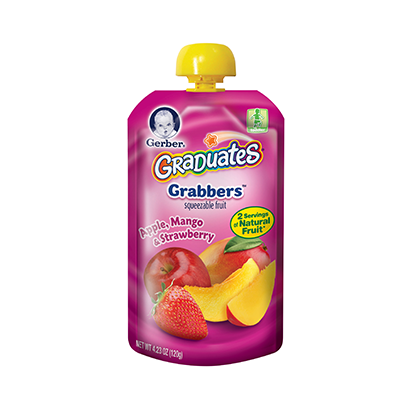 NOTE: This is NOT a huge purchase point for me. But I know it is for some so I thought it was important to mention.
NOTE: This is NOT a huge purchase point for me. But I know it is for some so I thought it was important to mention.
Plums Organics
- Plum Organics has one of my favorite food pouches for toddlers: Mighty 4 Blends. These are a blend of pureed fruit, vegetables, grains and protein, and have things like chia seeds, barley, amaranth and quinoa added to them. They are also higher in calories than most baby food pouches, about 100 calories per pouch.
- Plum also has a cool baby food line dedicated towards eating a specific blend of colors [think red: beets, apples, red bell pepper pouch mix] and growing well [think a pouch flavor combination dedicated towards muscle, bone, and tummy health]. Hello smart marketing!
Gerber
- Ok so this isn’t really a review of Gerber’s baby food pouches as much as it is a nod to their website and resources [link above]. There’s nothing more to be said about baby food pouches as my last brand. Gerber has some awesome resources for both the health professional and parent on their website regarding feeding young children.
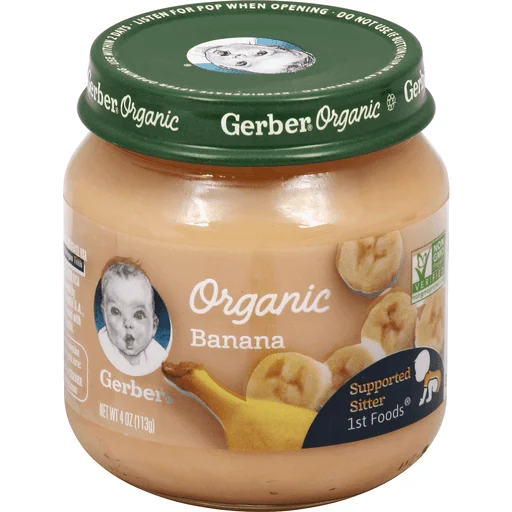
- I will also note that by doing a price comparison in the store, Gerber has an organic and non-organic food line. The non-organic is less expensive, and more often than not, it’s less expensive than any of the other brands I’ve listed. Does it mean it’s less nutritious? Heck no! A carrot is a carrot people.
As you can see there’s NOTHING too different about these brands or products. You can feel good about feeding your baby or toddler any one of them. If that means squeezing a little on a baby spoon or giving your toddler one while waiting at the doctor’s office then so be it! Know you’re not alone— because I do it too!
I’ve only listed 5 here, but if you have another favorite baby and toddler food pouch I haven’t mentioned please share! The boys would love to add a few more to our pantry….
Are baby food pouches worth all the hype? Find out which 5 are! Click To Tweet
Jars, Pouches, Organic, and More
We include products we think are useful for our readers.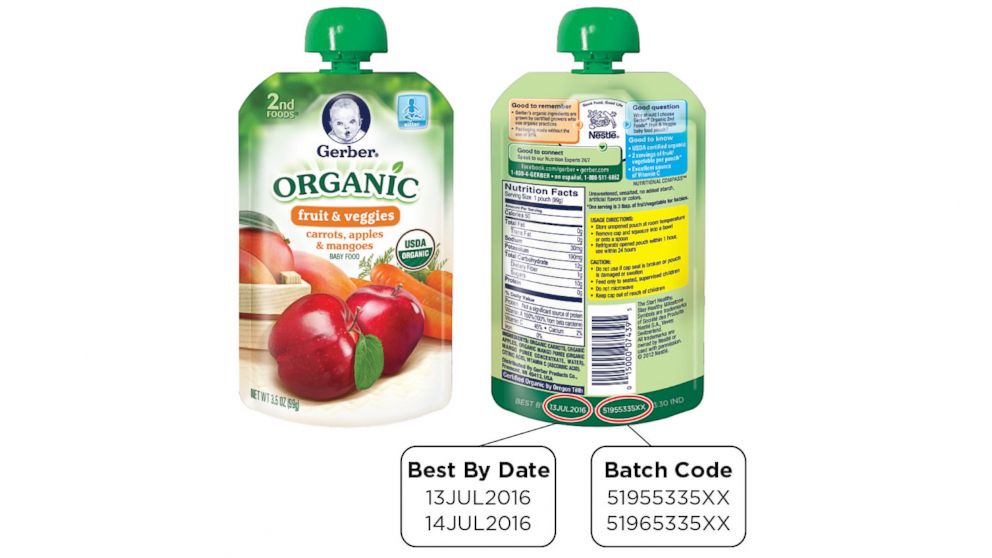 If you buy through links on this page, we may earn a small commission. Here’s our process.
If you buy through links on this page, we may earn a small commission. Here’s our process.
Healthline only shows you brands and products that we stand behind.
Our team thoroughly researches and evaluates the recommendations we make on our site. To establish that the product manufacturers addressed safety and efficacy standards, we:
- Evaluate ingredients and composition: Do they have the potential to cause harm?
- Fact-check all health claims: Do they align with the current body of scientific evidence?
- Assess the brand: Does it operate with integrity and adhere to industry best practices?
We do the research so you can find trusted products for your health and wellness.
Read more about our vetting process.After months of breastfeeding or bottle-feeding, it can be surprising to realize that your still-tiny baby is actually ready for “real” food.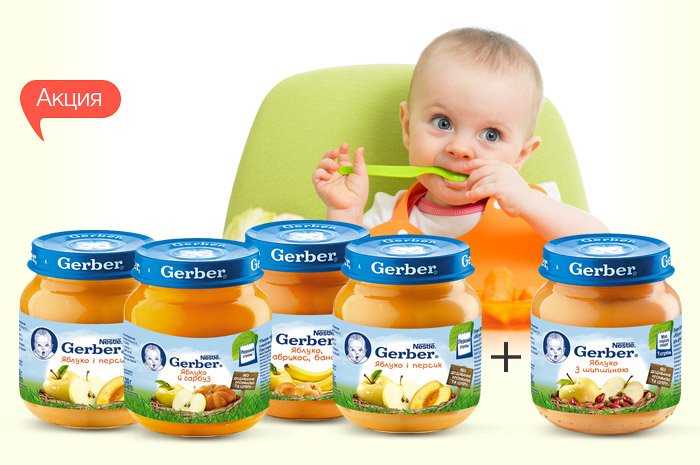 This exciting (albeit messy!) transition may be a little bittersweet and can feel overwhelming, especially considering the numerous baby food options available in 2022.
This exciting (albeit messy!) transition may be a little bittersweet and can feel overwhelming, especially considering the numerous baby food options available in 2022.
We’ve rounded up some of this year’s best baby foods to help you get started on the right foot — er, spoon.
Both the World Health Organization and the American Academy of Pediatrics (AAP) recommend exclusively breastfeeding babies for the first 6 months of life. Formula-fed infants are ready to start solid foods when they start showing signs that they’re ready.
In some cases, you may start solids around 4 or 5 months, but it’s best to discuss this with your pediatrician. If your doctor doesn’t have a different recommendation, most babies are ready to start soft or pureed foods by the time they’re about 6 months old.
If you’re picking commercially prepared baby food (versus making your own), it’s wise to start with simple, one-ingredient baby food. Most commercial baby food is labeled stage 1, 2, or 3 based on the texture and number of ingredients.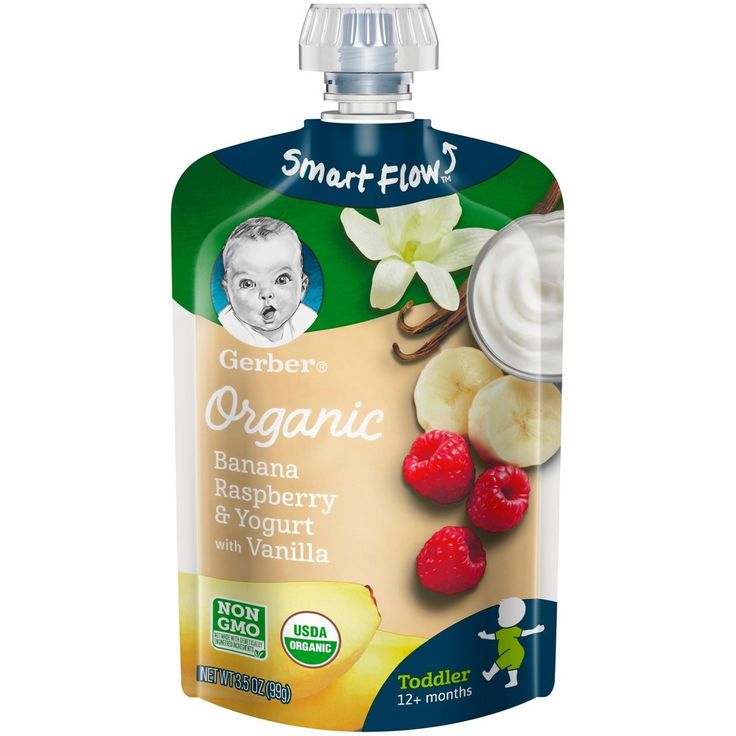
For instance, stage 1 baby food has the smoothest texture and typically has one ingredient, such as pureed pears. So, for your 4- to 6-month-old, you’ll want to start with stage 1 baby food.
Starting with one food at a time helps you monitor for any adverse reactions or food allergies. The American Academy of Allergy, Asthma & Immunology recommends monitoring each food for 3 to 5 days.
There isn’t really a perfect first food — the choice is yours! Some good foods to start: infant cereal (preferably oat or whole grain), meat purees such as chicken or turkey, or single-ingredient purees of fruits or veggies.
If you’re debating whether to start with fruits or veggies first, the AAP suggests that an infant’s preferences for sweets won’t budge even if veggies are introduced first. Mashed peas just don’t taste as good once you’ve had applesauce.
We chatted with pediatricians, read the research, polled real-life parents, read reviews, and used our own babies as taste testers (although we can’t say their opinions on nutritional value are very authoritative) to bring you some of the top baby food brands available.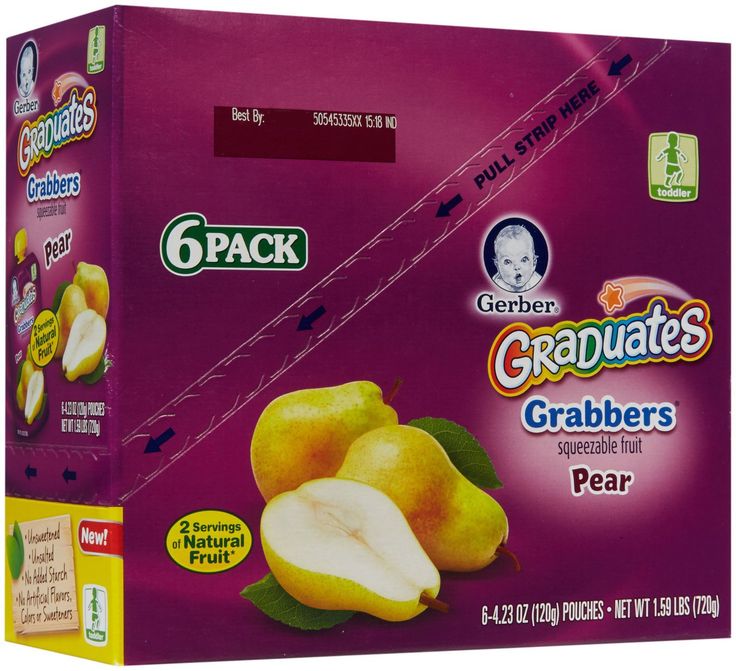 In addition:
In addition:
- We looked for foods that are certified USDA organic and have non-GMO verified ingredients.
- We focused on baby food that’s free of added sugar (but have called out one or two products that contain it).
- The baby foods on our list are free of harmful preservatives.
- We called out the brands that market their products as gluten-free and allergen-free.
All products are also vetted by our medical standards team, which evaluates brand integrity and product safety.
Reducing Exposure to Toxic Elements in Baby Foods
Three brands in this article — Gerber, Beech-Nut, and Happy Baby — were mentioned in a February 2021 Congressional Report for products containing significantly high levels of toxic heavy metals, including arsenic, lead, cadmium, and mercury. The FDA has since launched the Closer to Zero: Action Plan for Baby Foods to address exposure to toxic elements from eating baby foods.
- Best overall baby food: Beech-Nut Naturals Stage 1
- Best organic baby food pouches: Plum Organics Stage 1
- Best budget-friendly baby food: Gerber Organic 1st Foods
- Best baby food for constipation: Gerber Natural 1st Foods (Pear)
- Best organic jarred baby food: Happy Baby Organics Clearly Crafted Stage 1
- Best personalized subscription service: Cerebelly
- Best fresh baby food: Once Upon a Farm Cold-Pressed Organic Baby Food
- Best first baby cereal: Gerber Organic 1st Foods Single Grain Cereal
- Best, most interesting baby food blends: Little Spoon Complex Solids
- Best all-around clean baby food: Baby Gourmet
Best overall baby food
Beech-Nut Naturals Stage 1
This affordable baby food is an all-around fan favorite.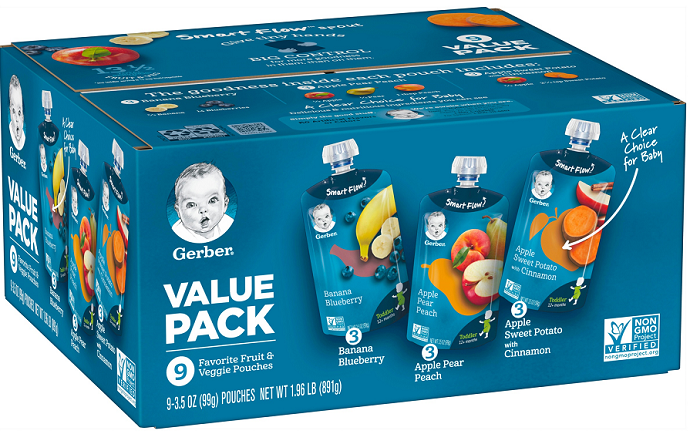 Beech-Nut baby foods come in recyclable glass jars and are available in both natural and organic varieties. Blends are available in every stage, from single-ingredient foods for brand-new eaters (like butternut squash and plum) to multi-food blends with chunkier textures for older babies.
Beech-Nut baby foods come in recyclable glass jars and are available in both natural and organic varieties. Blends are available in every stage, from single-ingredient foods for brand-new eaters (like butternut squash and plum) to multi-food blends with chunkier textures for older babies.
The ingredients in Beech-Nut baby foods are simple, with no artificial additives. Plus, these little glass jars are available at most grocery stores, so they’re easy to find. However, while it’s great for recycling purposes, glass can be dangerous — always supervise your little one around glass.
Beech-Nut Naturals are free of genetically modified organisms (GMOs) but not certified organic (unless you shop their organics line). They contain no added sugar.
Shop now at Walmart
Best organic baby food pouches
Plum Organics Stage 1
If sustainability, organic foods, and non-GMO ingredients are important to you, Plum Organics has a great line of baby food options to try.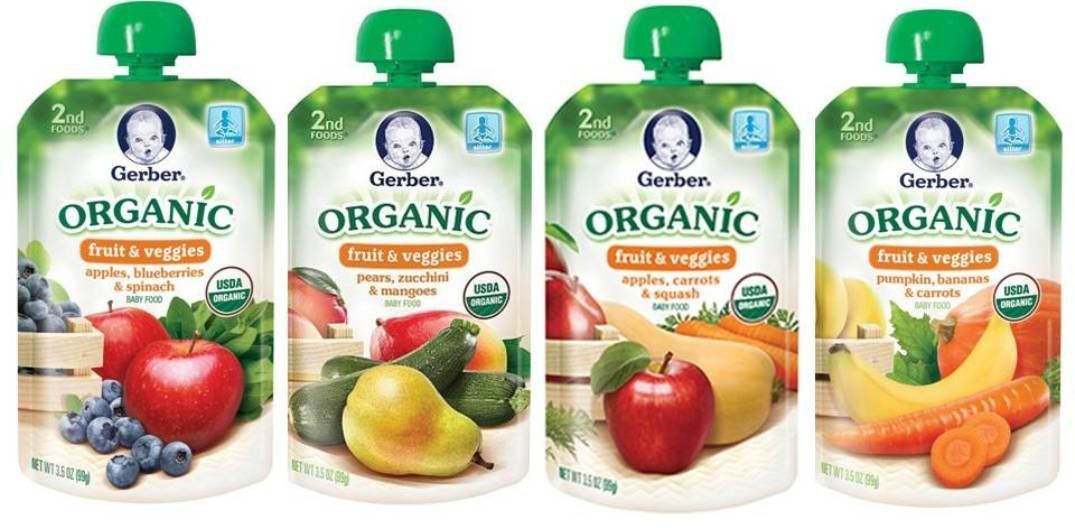
Their BPA-free pouches are super convenient and available in a variety of fruits, veggies, and grains for each stage of eating. These foods have no added salts or sugars, so they’re nutritious and simple for baby’s maturing digestive system. They’re also widely available and can be purchased in bulk for greater savings.
And while feeding experts definitely discourage using pouches exclusively, there’s no denying that pouches are very convenient for occasional on-the-go feedings. To make sure your baby is still progressing in their journey through solid foods, try squeezing the pouch contents into a spoon. And be sure to watch out for the small plastic caps, as they’re a choking hazard.
Plum Organics is certified organic and non-GMO, and their baby food doesn’t contain added sugar.
Shop now at Amazon
Best budget-friendly baby food
Gerber Organic 1st Foods
Gerber is the classic baby food brand, and they’ve made changes over the last few years to make their food more health-conscious (e. g., starting an organic line). Yet they have maintained their status as one of the most affordable prepared baby food brands on the market.
g., starting an organic line). Yet they have maintained their status as one of the most affordable prepared baby food brands on the market.
They offer benefits like glass jars, organic ingredients, and a wide variety of food choices at a lower cost than some other brands on our list.
Gerber Organic is USDA organic, non-GMO, and free of added sugar.
Shop now at Walmart
Best baby food for constipation
Gerber Natural 1st Foods (Pear)
Sometimes babies get a little constipated when they’re beginning their solid food journey, especially if they’re eating a lot of dairy or iron-fortified cereal. In addition to continuing breast milk, some foods may help relieve your little one’s digestive discomfort, including all the “P” fruits.
So prunes, pears, plums, and peaches are some options to help keep tiny bowels on the move. You can find great fruit purees in any brand on our list, but one of the more cost-effective is the Gerber brand. The good news is that many babies love fruit, so it shouldn’t be too hard to get your little one to down some prunes or pears.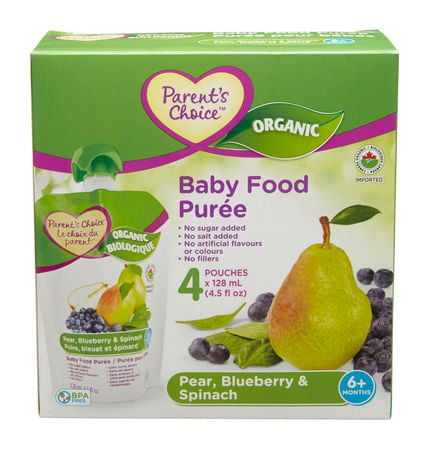
This product is made with non-GMO ingredients and pears grown with Clean Field Farming practices. It doesn’t contain added sugars.
Shop now at Walmart
Best organic jarred baby food
Happy Baby Organics Clearly Crafted Stage 1
Another great organic baby food option, the Happy Baby company offers their organic baby food jars at most stores — although not quite as widely as Beech-Nut and Plum Organics.
Happy Baby jars offer a wide variety of foods, from kale and mango to spinach and peaches and chia seeds. You can start with their single-ingredient jars (this is important for ruling out allergies, as well as to help baby learn to like spinach even when it’s not disguised by pears). Then, you can move on to their fruit and veggie blends as your little one grows.
High quality ingredients, creative flavors, and no artificial ingredients all make Happy Baby a solid (no pun intended) choice.
Happy Baby is USDA organic and doesn’t contain added sugars.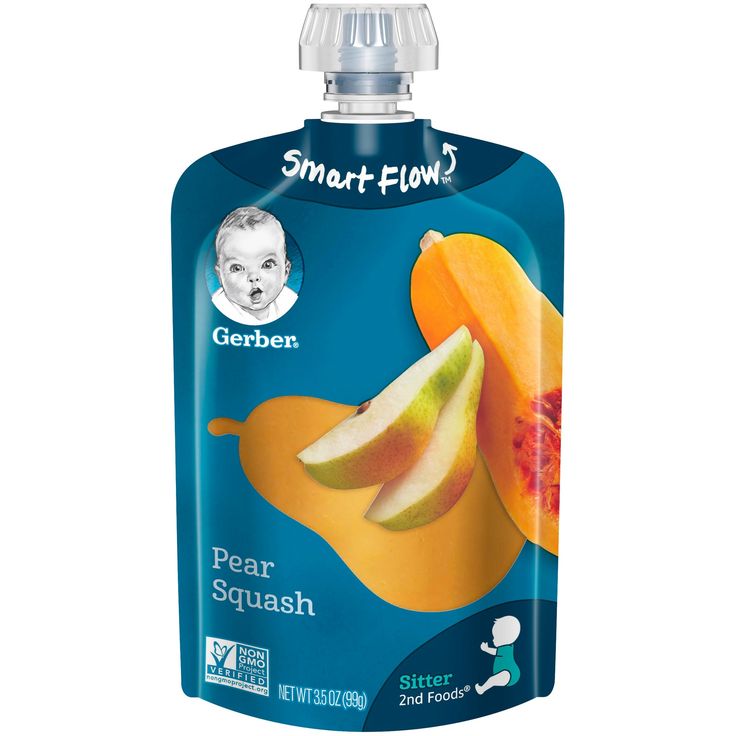
Shop now at Walmart
Best personalized subscription service
Cerebelly
Cerebelly allows you to personalize your subscription of baby food pouches based on your child’s age, leaning on science to determine what foods will benefit them at their stage of development.
You’ll take a quiz that asks about the current development and language cues your baby is showing (responding to their name, grasping toys, using noises to show emotion, etc.). It also asks about motor, social, and visual skills.
The results will clue you in on key nutrients that may benefit your little one and customize your baby food pouches based on this.
To boot, the brand has earned the Clean Label Project Purity Award (which evaluates products for toxins and contaminants), is certified USDA organic, and contains no added sugars.
Shop now at Cerebelly
Best fresh baby food
Once Upon a Farm Cold-Pressed Organic Baby Food
These organic, cold-pressed baby food pouches and cups are found in the refrigerated section at your grocery store (and yes, they have to be refrigerated at home). The company also has a subscription delivery option to make baby food even more convenient for your busy schedule.
The company also has a subscription delivery option to make baby food even more convenient for your busy schedule.
Creative names like Wild Rumpus Avocado and Magic Velvet Mango will have you smiling, and the variety of flavors will (hopefully!) appeal to your little one. Once Upon a Farm offers a variety of food stages, so you can start with their purees and move on up to their finger and toddler foods as your baby grows.
Once Upon a Farm is certified organic and non-GMO. Their products contain no added sugars and are Clean Label Project certified.
Shop now at Target
Best first baby cereal
Gerber Organic 1st Foods Single Grain Cereal
This simple cereal is a great first food for baby. You can mix this one-ingredient whole grain cereal with breast milk, formula, or water to provide your little one with some crucial nutrients (such as iron) and experience with spoons and textures.
The AAP recommends oatmeal or multigrain cereals over rice cereals, as they have a lower risk of exposure to chemicals such as arsenic (which is sometimes a concern with rice products).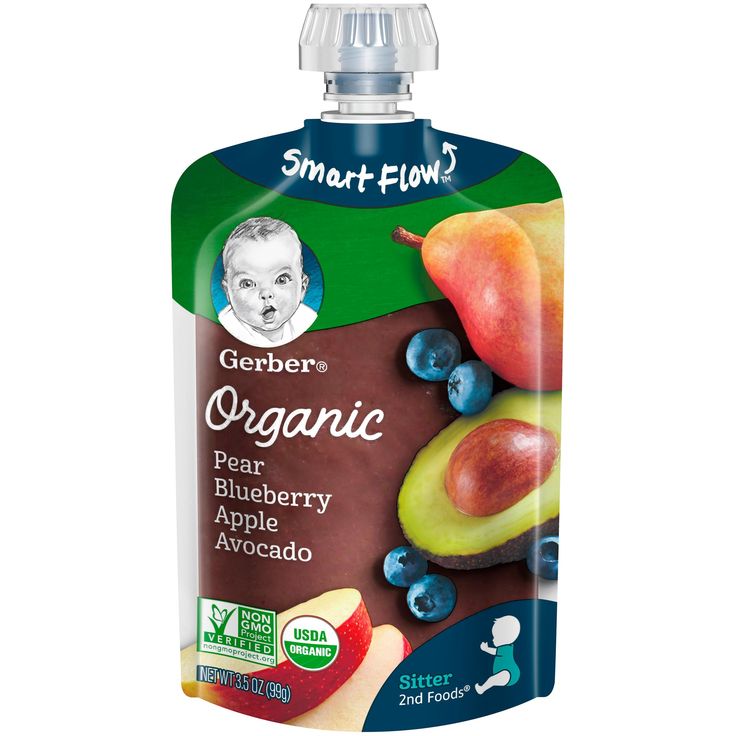
As your baby gets used to other foods, you can also mix this cereal with fruit or yogurt to provide a heartier meal.
Gerber Organic is certified USDA organic and non-GMO, but this product does contain some added sugars.
Shop now at Walmart
Best, most interesting baby food blends
Little Spoon Complex Solids
Once your baby is ready for more advanced blends, Little Spoon has a unique line of complex blends that contain multiple purees as well as other seeds and grains for texture.
For example, one blend contains quinoa, butternut squash, and apple. Another contains kale, white bean, pear, basil, quinoa, and avocado oil.
Little Spoon purees use certified organic and non-GMO ingredients. They’re free of added sugar.
Shop now at Little Spoon
Best all-around clean baby food
Baby Gourmet
Baby Gourmet is another Clean Label Project Purity Award winner, which means they go above and beyond to ensure their baby food is free of harmful toxins that naturally occur in the environment.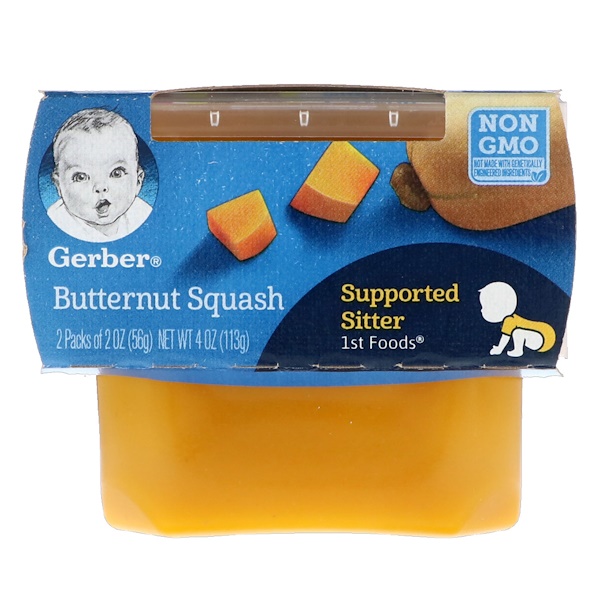
This Canadian company is also set to donate 1 million meals to vulnerable populations by 2025. It’s founded and run by moms, which can be reassuring.
Baby Gourmet is certified organic and non-GMO by both U.S. and Canadian standards. All packaging is BPA-free. Products contain no added sugar.
Shop now at Baby Gourmet
As a general guideline, it’s a good idea to start with iron-fortified baby cereals or pureed meats if your infant is breastfed. Breastfed babies are more likely to need extra iron than formula-fed babies.
It’s also advisable to start with simple, single-ingredient purees of meat, vegetables, and fruits.
Choosing brands that are certified organic, use BPA-free materials, and are conscious of using whole food ingredients (e.g., they don’t add “extras” like salt, sugar, or corn syrup) helps ensure a healthy start for your little one.
According to the AAP, you shouldn’t give babies under age 1 cow’s milk, honey, unpasteurized dairy, or undercooked meat, as these can be an infection risk for a baby’s developing immune system.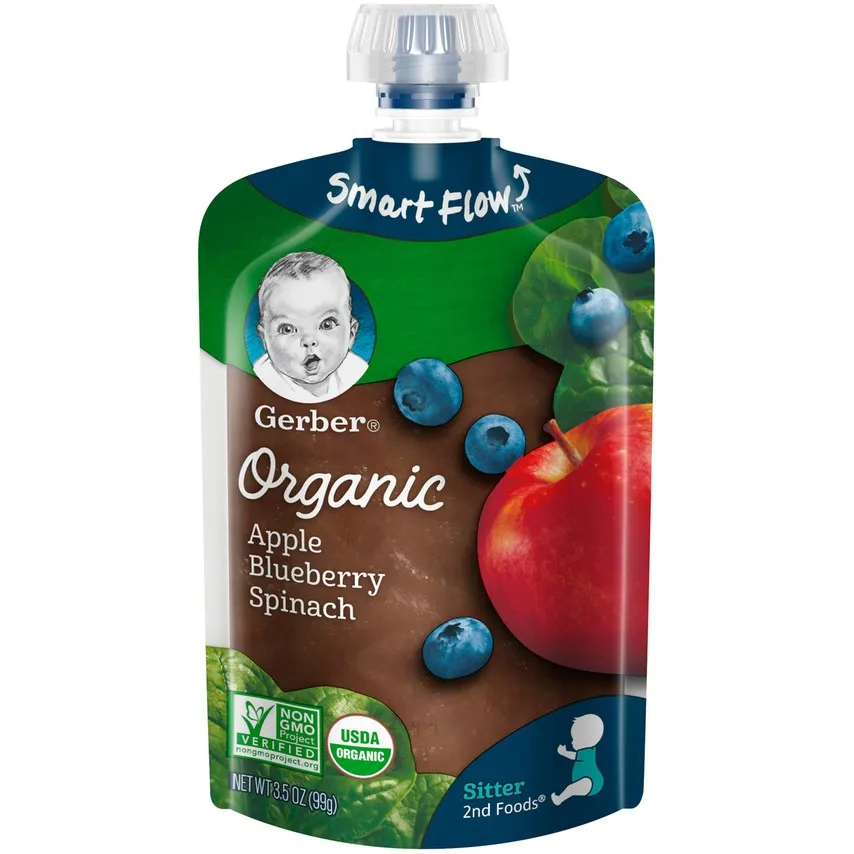
You’ll also want to avoid foods that are hard or sharp or present a choking risk (for instance, chips, nuts, popcorn, raisins, raw apples, raw carrots, whole grapes, hot dogs). For a more comprehensive guide to which foods to give and what to avoid, check out our article on infant nutrition and starting solids.
While experts used to advise waiting to introduce highly allergenic foods (such as dairy, wheat, nuts, and eggs) until after the first year, the experts now say that delayed introduction of these foods may increase a child’s risk of food allergies. So, with the guidance of your pediatrician, go ahead and introduce those foods within the first year.
Seek immediate emergency medical attention if you notice swelling of the tongue and mouth, wheezing, or trouble breathing after your child eats certain foods
Some babies are raring to go when it comes to trying food, while others may take a little more convincing. Either way, definitely get your camera on video mode, as there are bound to be some hilarious faces and some impressive food spillage along the way.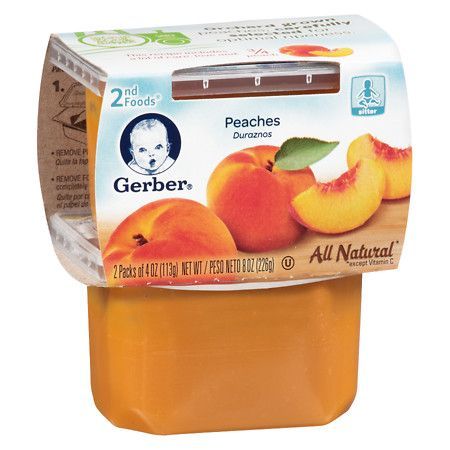
Here are some pro tips to help make the process as smooth as possible:
- Wait until your baby shows signs of readiness for solid food.
- Keep trying. It can take 5 to 10 exposures for a baby to accept a new food.
- Make it fun and silly.
- Cook and eat as a family as much as possible.
- Let your baby play with the spoon and even the food! While incredibly messy, this helps them get comfortable with the textures, smells, and tastes of new foods.
- Talk with your pediatrician if you have any questions or concerns. They’re a great resource and want to help you grow a happy, healthy baby.
What’s the best baby food for growth and weight gain?
If your baby is under 6 months and breastfeeding, it’s recommended that you stick to that exclusively for 6 months. When you’re ready to introduce solids after 6 months, it should be in addition to breastfeeding and formula, not as a replacement.
If your baby is formula-fed, they may begin eating solids sooner than 6 months.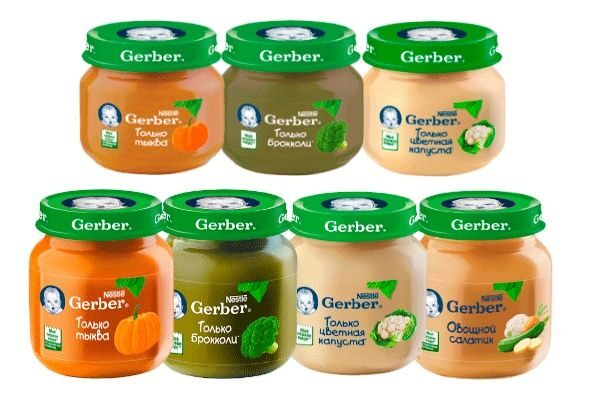 While no one specific food is recommended, a variety of foods and colors is best, including meats, vegetables, and fruits. One of the key foods that can help with growth and weight gain is avocados (high in healthy fats and fiber but low in sugar).
While no one specific food is recommended, a variety of foods and colors is best, including meats, vegetables, and fruits. One of the key foods that can help with growth and weight gain is avocados (high in healthy fats and fiber but low in sugar).
Always discuss your baby’s dietary changes with your pediatrician and attend regular checkups to monitor growth.
What’s the easiest food for babies to digest?
Just like adults, babies do best with regular bowel movements. If they’re having a hard time with this, oatmeal is one food known to be easy to digest and promote regularity, as it contains higher amounts of dietary fiber.
It may also help to focus on quantity. Try feeding your baby smaller meals more often, rather than fewer larger meals. This may be easier on their system and allow them to digest foods more easily.
What’s the best baby food to start with?
Mashed banana and avocado are some of the most popular solids to start with. Soft, ground oatmeal is also great. When it comes to fruit and vegetable purees, focus on variety, but don’t overdo it with those that are naturally high in sugar (such as berry purees).
When it comes to fruit and vegetable purees, focus on variety, but don’t overdo it with those that are naturally high in sugar (such as berry purees).
Most importantly, at 6 months old, all foods should still be pureed and cooked. Once your baby is 9 months old and older, you can start to introduce vegetables cut into pieces. The only other no-no is honey, which they shouldn’t have until they’re over a year old.
It can feel like a lot of pressure to choose the best nutrition for your child, especially when trying to capitalize on the years before they start demanding chicken nuggets and ice cream. But there are a lot of great, healthy options available in 2022.
Whether you choose to make your own baby food, buy jars or pouches, or use a baby food subscription service, there are a number of resources to help you feed your baby.
Rospotrebnadzor has suspended deliveries of baby meat puree Gerber (Nestle) to Russia due to the content of chlorine in it
Business
Rospotrebnadzor continues its attack on Nestle.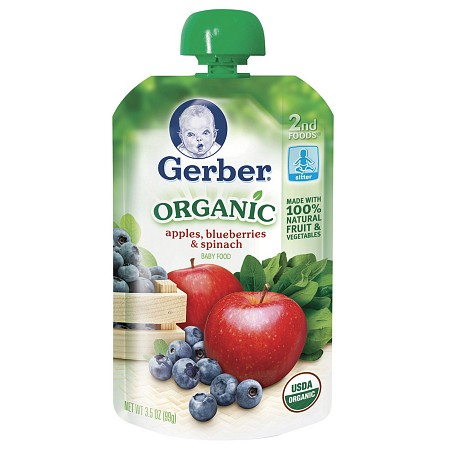 Suspended deliveries to Russia of baby meat puree from Gerber - "daughter" of the Swiss manufacturer, in which the supervisory authority suspects the presence of chlorine. The manufacturer does not comment on what happened, citing the lack of official claims.
Suspended deliveries to Russia of baby meat puree from Gerber - "daughter" of the Swiss manufacturer, in which the supervisory authority suspects the presence of chlorine. The manufacturer does not comment on what happened, citing the lack of official claims.
Rospotrebnadzor has suspended deliveries of Gerber Products baby food made from poultry meat to Russia. According to RIA Novosti, this decision was made "because of the use of chlorinated poultry meat in their production." We are talking about four types of baby food: turkey and chicken in its own juice, as well as turkey and chicken sausages. The limitation of supplies, according to the chief sanitary doctor Gennady Onishchenko, is due to the fact that
the company, “despite the ban on the processing of poultry meat and poultry products with chlorine introduced on January 1, did not change the technology and sources of raw materials” and “did not officially tell us about the replacement of this meat.”
No other manufacturer is mentioned in the message.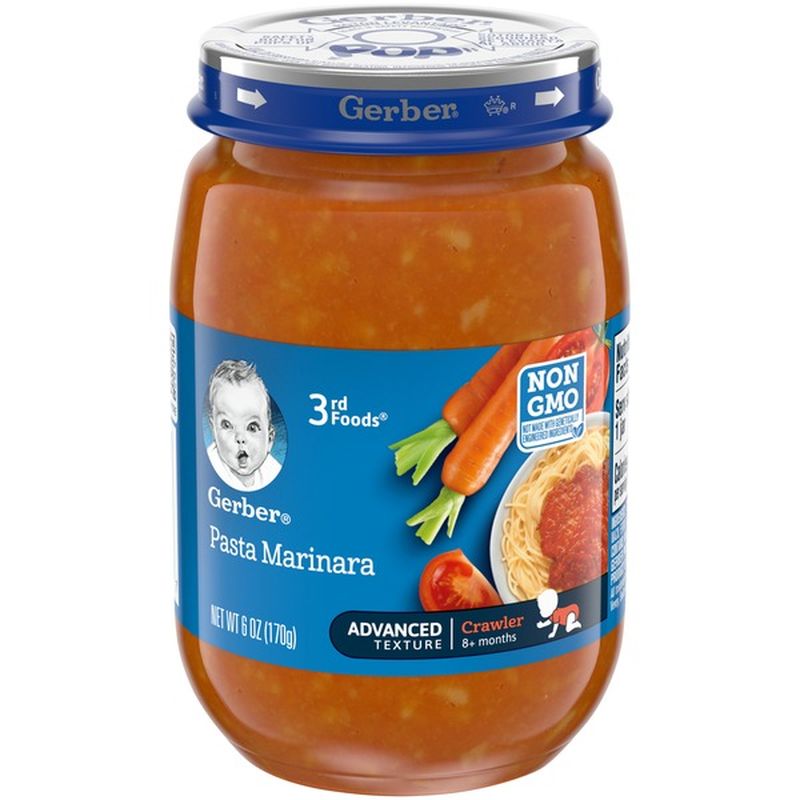
According to the decision of Rospotrebnazdor, “the use of chlorine in water for cooling poultry meat leads to the accumulation on the surface and in the thickness of poultry meat of by-products of the oxidative activity of free chlorine, primarily organochlorine compounds (chlorophenols, chloramines, trihalomethanes and others), which are dangerous for human health." Therefore, now producers must process poultry meat with water in which the chlorine content does not exceed the norms established for drinking water. As a result, all American chicken meat, which accounts for up to 80% of imports, fell under the ban. At the last talks in March on this issue between Moscow and Washington, “producers from the United States undertook to find a meat processing technology that would suit Rospotrebnadzor.” nine0005
The ban on baby meat puree is already the second attack by Rospotrebnadzor on the global manufacturer of baby food, Nestle (since 2007, American Gerber Products has been part of the Nestle group).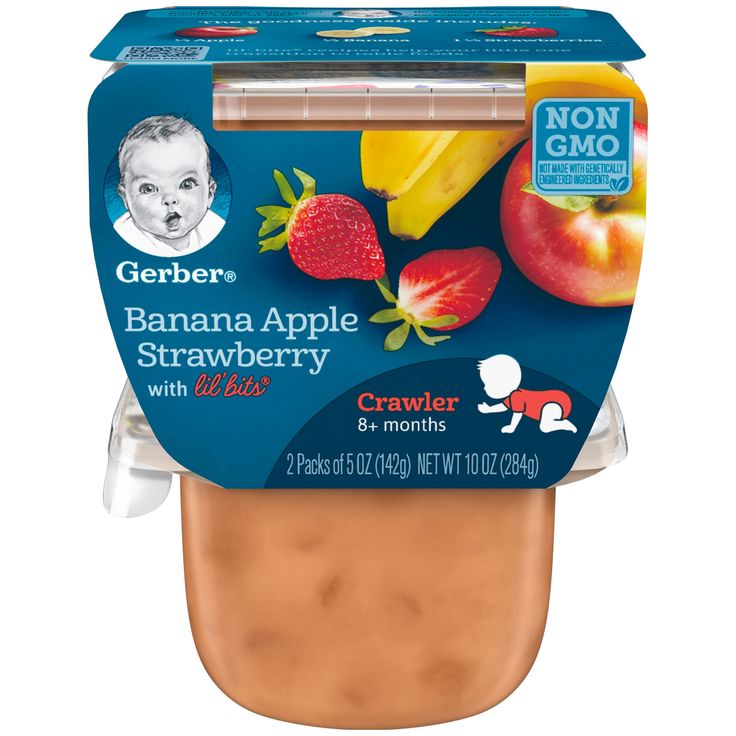
Last week, for the first time in the history of Nestle's operations on the Russian market, Onishchenko did not allow the company to supply baby puree from Finland. The refusal was due to the "weakening of technological discipline."
The company itself found out about the ban from the media and hurried to make an official statement that their products are of high quality. nine0005
Help
According to the analysts of the Step by Step Group of Companies, the volume of the baby food market in Russia in 2009 amounted to about 167 thousand tons, in monetary terms - about a million
The Moscow office of Nestle refuses to comment on what the company has not been officially informed about. “As in the case of Mr. Onishchenko’s earlier statement regarding baby food, which the company planned to supply from Finland, Nestlé did not receive official notification that Rospotrebnadzor banned the supply of four types of Gerber baby food from the United States to Russia, in containing poultry meat.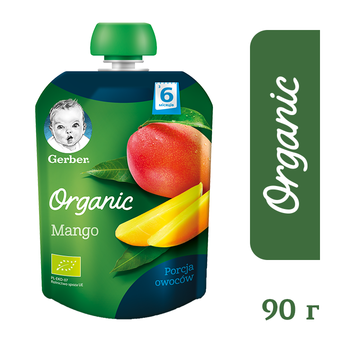 nine0005
nine0005
We contacted Rospotrebnadzor, but have not yet received a response,” says Marina Zibareva, Nestlé Russia Corporate Communications Manager.
At the same time, two of the four Gerber products mentioned by Onishchenko - "Turkey Sausages" and "Chicken Sausages", as the company assures, have not been imported to Russia for several years. As for canned meat-based products “Chicken in Own Juice” and “Turkey in Own Juice”, they have all the permits confirming their safety and quality, Zibareva notes: “As part of the inspection control, these products regularly undergo all the necessary tests, including the content of organochlorine compounds. The results of the analyzes show full compliance of the products with safety indicators, including the absence of organochlorine compounds.” nine0005
In Rospotrebnadzor, just like last week, the phone of the press service is not answered, Onishchenko's reception staff prefer not to answer journalists' calls. An official request sent by Gazeta.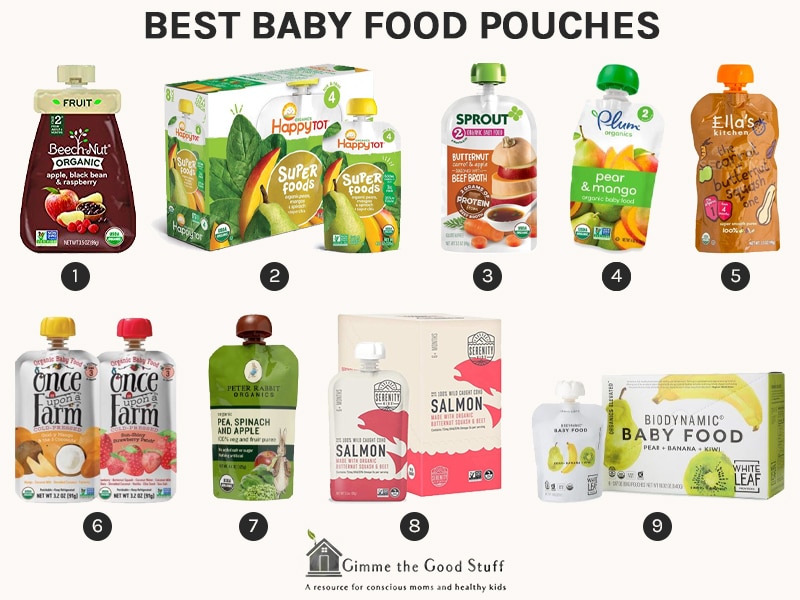 Ru to the department on April 22 remained unanswered.
Ru to the department on April 22 remained unanswered.
However, if Rospotrebnadzor sent notifications to Nestle, the company will most likely receive it only by the middle of the week. “Usually, if something is sent to us, then by the most ordinary mail,” explains Zibareva. “It usually takes at least a week.” nine0005
Subscribe to Gazeta.Ru in News, Zen and Telegram.
To report a bug, select the text and press Ctrl+Enter
News
Zen
Telegram
Picture of the day
Russian military operation in Ukraine. Day 312
Online broadcast of the special military operation of the RF Armed Forces in Ukraine — Day 312
Fork in the stomach, Styrofoam in the ear: how the New Year's feast sometimes ends
Doctors told about unusual foreign bodies that enter the gastrointestinal tract and nose
Quiz: Which Christmas movie was this car in
Guess the cars you saw in holiday comedies
The authorities reported the defeat of an infrastructure facility near Kyiv on the night of January 1
New regions of the Russian Federation have completely switched from hryvnia to rubles
